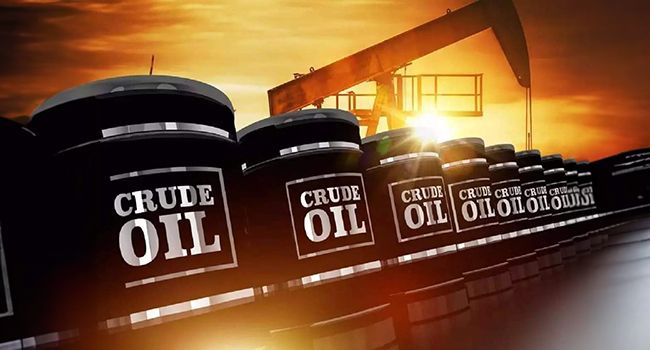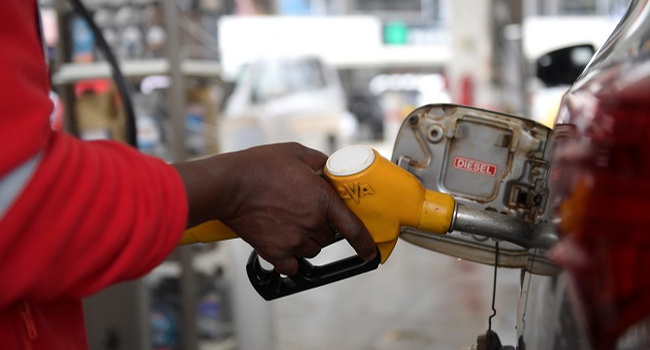
The Federal Government has disclosed that a total of 67,657,559 barrels of crude oil were allocated to local refineries between January and August 2025, as part of efforts to boost domestic refining and reduce reliance on fuel imports.
The figure, confirmed by the Nigerian Upstream Petroleum Regulatory Commission (NUPRC), reflects allocations made in accordance with the Petroleum Industry Act (PIA) 2021 and the Domestic Crude Supply Obligation (DCSO) policy.
However, the volume represents less than 55% of total demand by local processors during the same period, raising concerns over Nigeria’s readiness to meet its refining targets.
According to Head of Media and Strategic Communications at the NUPRC, Eniola Akinkuotu, the barrels were supplied to a mix of modular and larger refining plants including Waltersmith, Aradel Energy, and refineries operated under the Nigerian National Petroleum Company Limited (NNPCL).
“A total of 67,657,559 barrels were delivered to local refiners between January and August this year. All refiners got that amount within the eight-month period,” Akinkuotu stated on Sunday in Abuja.
Despite this allocation, refiners had submitted requests for 123.48 million barrels in the first half of 2025 alone, leaving a shortfall of approximately 55.8 million barrels, or 45% below demand.
The DCSO framework, introduced as part of the 2021 PIA, compels upstream producers to set aside a portion of their crude oil for domestic refining before export. The aim is to guarantee a reliable feedstock for local processors and advance Nigeria’s energy security goals.
Earlier this year, the NUPRC had forecast that facilities such as Dangote Refinery, Port Harcourt, and Warri would require up to 770,500 barrels per day, translating to about 23.8 million barrels monthly or 123.4 million barrels for just the first half of the year.
But these targets have not been met in practice. Despite Nigeria’s oil and condensate production climbing to 1.63 million barrels per day in August, the majority of output is still exported.
Local refiners say the allocation gap stems not only from supply issues, but also from the pricing system that pits them against international buyers with easier access to hard currency.
According to Eche Idoko, Publicity Secretary of the Crude Oil Refiners Association of Nigeria (CORAN), upstream producers often prefer foreign buyers who pay in dollars, making it harder for local processors to compete under the current “willing buyer, willing seller” model.
“In theory, the pricing model promotes competitiveness, but in practice it disadvantages domestic refiners who can’t match dollar bids,” Idoko said in July. “Currency volatility and lack of access to forex leaves local players unable to buy the very crude they’re legally entitled to.”
He argued that the current liberalized system undermines Nigeria’s goal of refining self-sufficiency, especially when local operators are still struggling to access the basic raw material they need.
Despite the Commission’s insistence that the 67 million barrels demonstrate commitment, analysts warn that partial compliance is not enough to power the country’s refining revolution.
In Q1 2025 alone, 82% of Nigeria’s total crude output was exported, with local refiners left to share the rest, often too little to support full-scale operations or meet investment expectations.
Experts say that unless enforcement is tightened and refiners are given favorable access and pricing models, Nigeria risks delaying or even derailing its push to curb fuel imports and become a net exporter of refined petroleum products.
While the NUPRC has repeatedly directed oil producers to comply with the DCSO, enforcement remains weak, and the threat of sanctions has yet to produce full cooperation.
Stakeholders suggest that bridging the crude supply gap will require:
- Stronger enforcement mechanisms against non-compliant producers
- Transparent and equitable pricing models for local refiners
- Incentives or policy adjustments to improve domestic access to feedstock
- Clearer implementation guidelines for both upstream and downstream operators
Until then, the mismatch between Nigeria’s production capacity and its domestic refining goals could persist,keeping the nation dependent on fuel imports even as billions are poured into refinery infrastructure.


